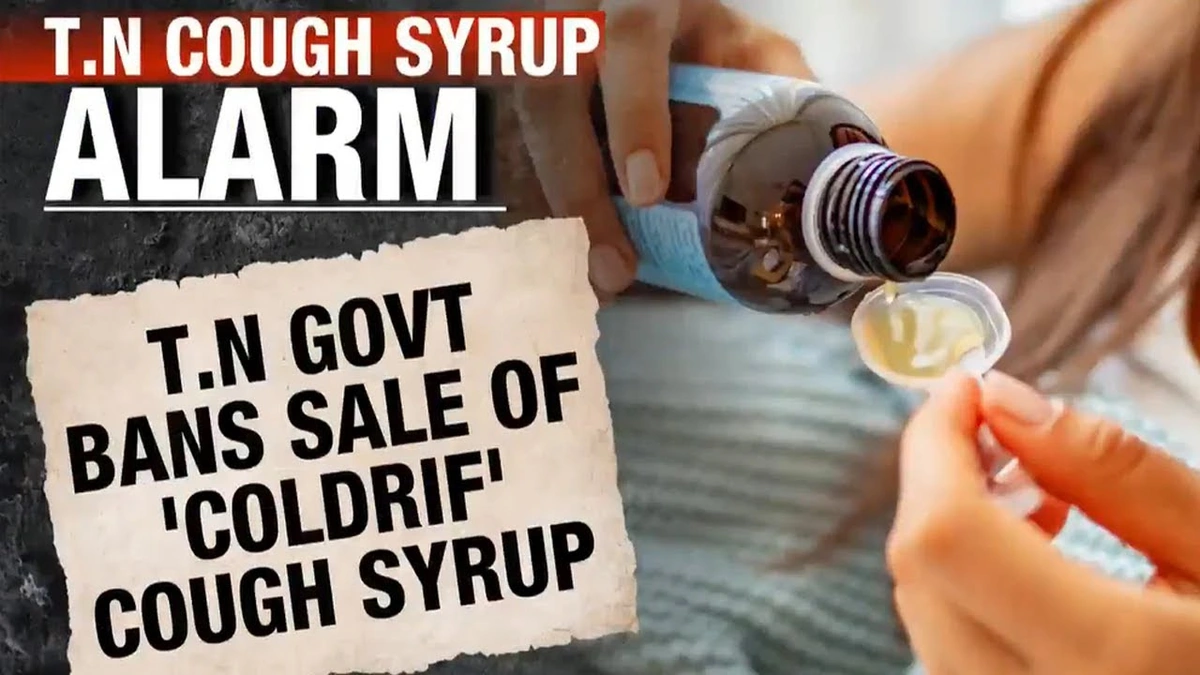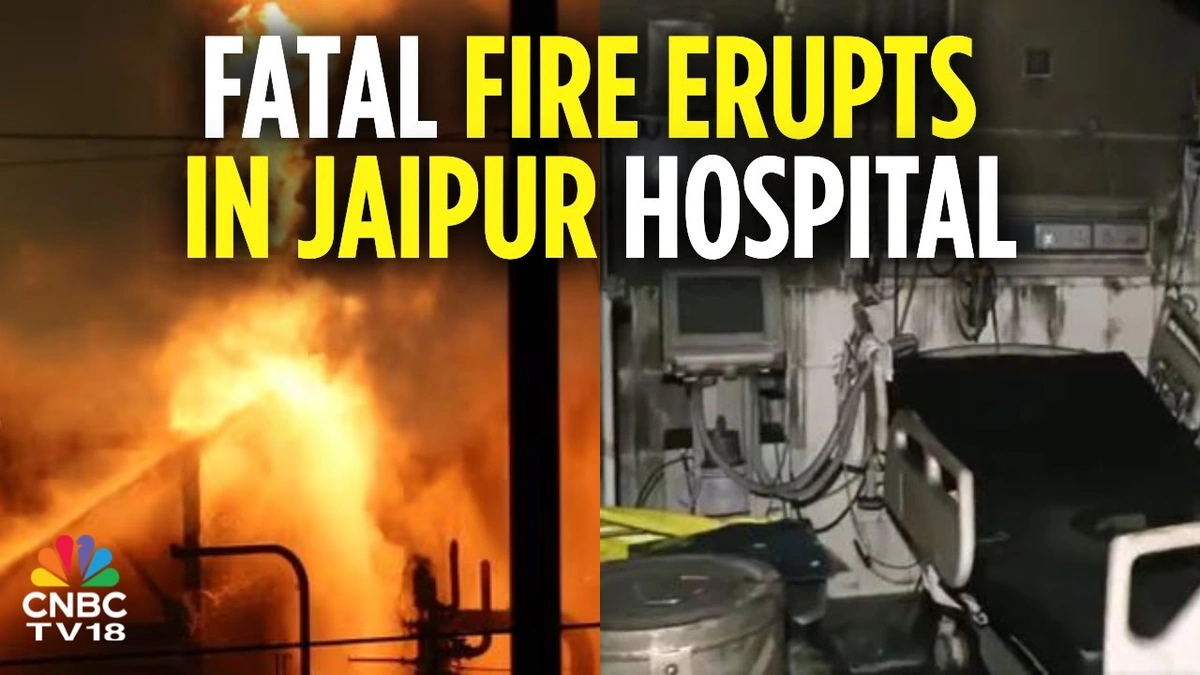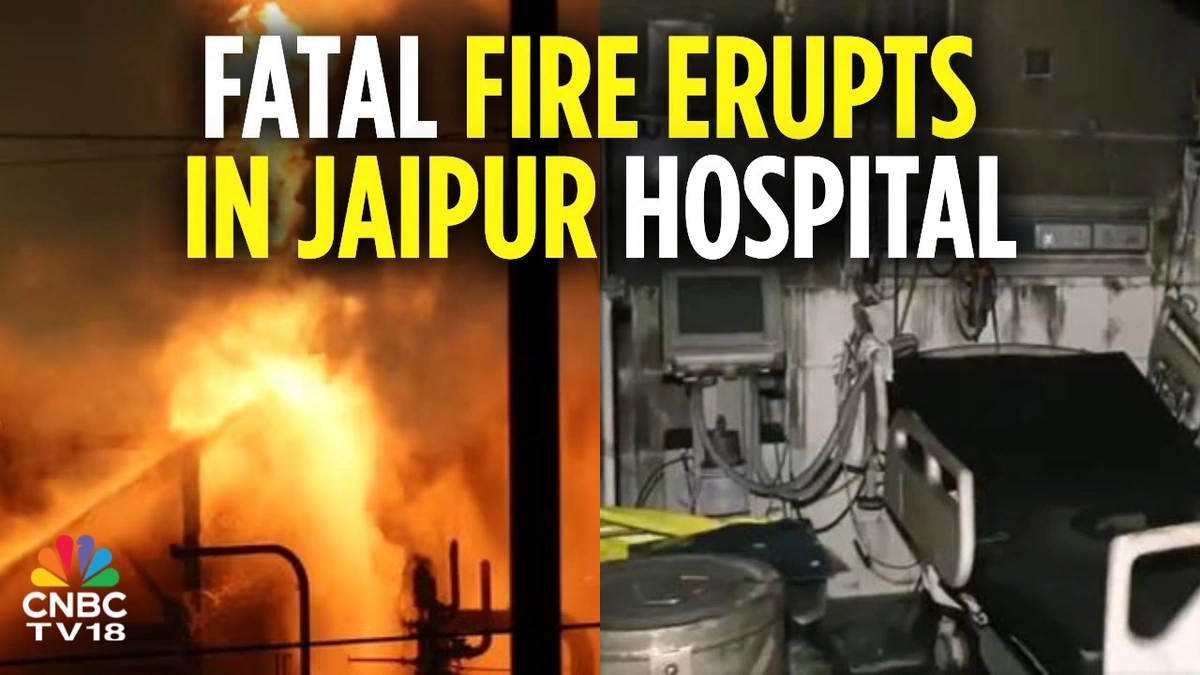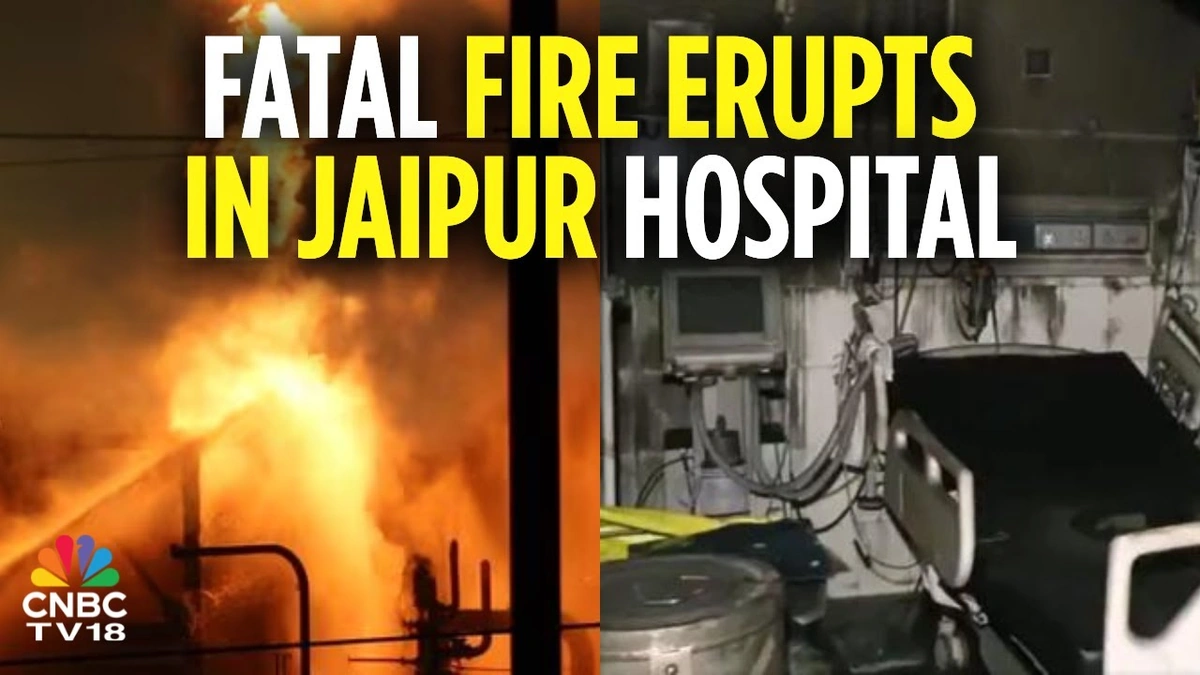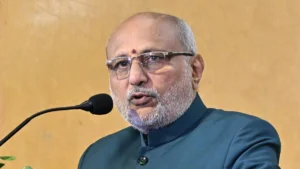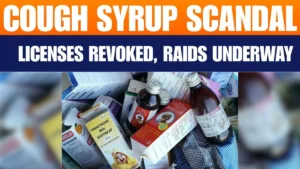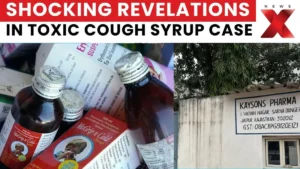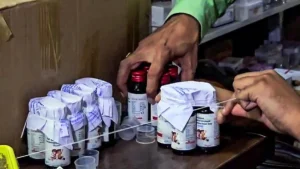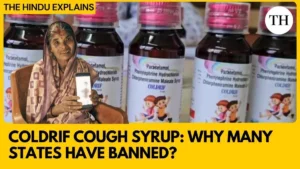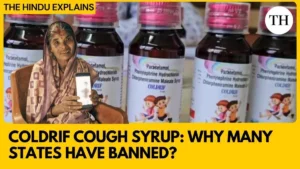Telangana Warns of Fake Coldrif Cough Syrup
Okay, let’s be real. We all reach for cough syrup when that tickle in the throat turns into a full-blown coughing fit. It’s practically a reflex. But what if the very thing you’re trusting to soothe you is actually…fake? That’s the situation unfolding in Telangana, and it’s got me thinking – and maybe you too – about the bigger picture. So, Telangana State Drug Control Administration has issued a warning concerning Coldrif cough syrup, manufactured by M/s. Vivincare Pharma, Sirmour, H.P. The administration declared it as “Not of Standard Quality”. This isn’t just about one bad batch; it’s about a system, about trust, and about what we can do to protect ourselves. This is particularly worrying because adulterated cough syrup can have serious health consequences, especially for children.
Why This Matters More Than You Think
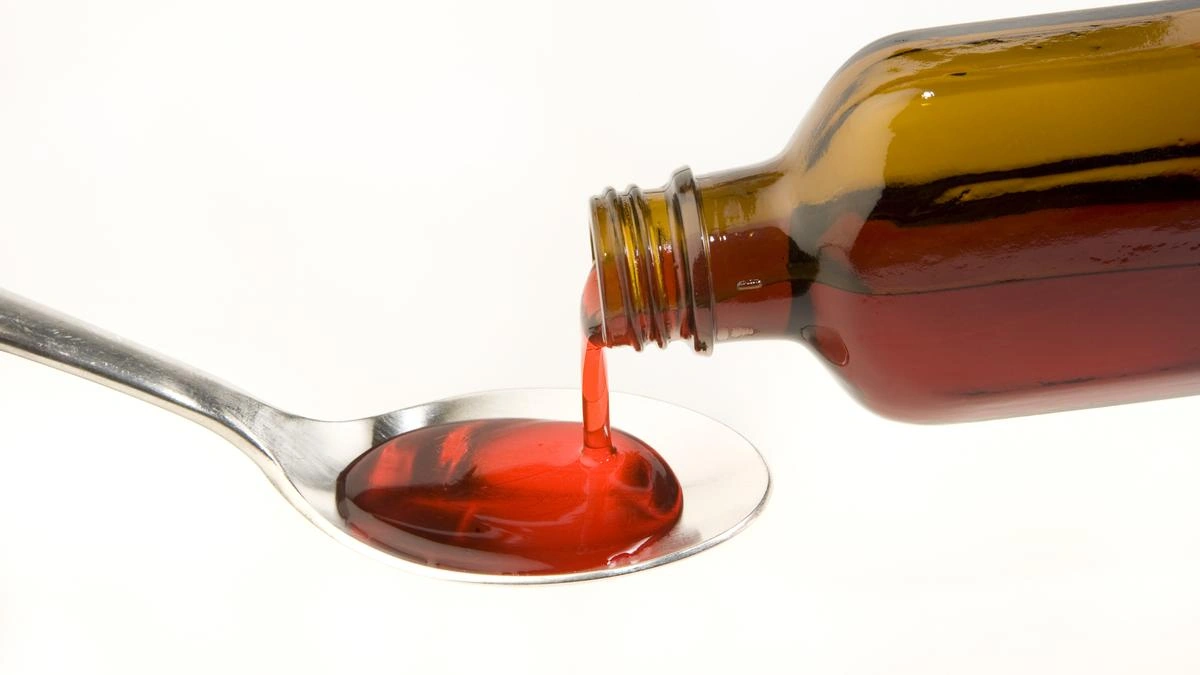
Here’s the thing: fake medicines aren’t some far-off problem. They’re a real and present danger, and India, unfortunately, is a hotspot. We’re talking about everything from life-saving antibiotics to, yes, even seemingly harmless cough syrups. The “why” behind this is complex. A large population, coupled with a sometimes loosely regulated pharmaceutical industry, creates opportunities for unscrupulous players to make a quick buck. But the cost? People’s health. Sometimes, their lives. What fascinates me is how easily this happens. How can a fake product make its way through the supply chain and onto pharmacy shelves?
Think about it. You walk into a chemist, trusting that what they’re selling is safe and effective. You don’t expect to have to be a detective, scrutinizing labels and questioning origins. The assumption of safety is paramount, and when that’s violated, the consequences can be devastating. Especially, with substandard drugs . The warning from Telangana is a wake-up call. It highlights the need for stricter regulations, better enforcement, and increased public awareness.
But also, it underscores the importance of being a savvy consumer. After all, this is about drug safety.
How to Spot a Fake – Your Personal Guide
Alright, so what can you do? Here’s where the “how” comes in. Let’s break down some practical steps you can take to protect yourself and your family from counterfeit medications . I initially thought this was straightforward, but then I realized it’s more nuanced than just looking for spelling errors on the packaging. I have often wondered how I can ascertain the quality of the product.
- Check the Packaging: Obvious, I know, but pay close attention. Look for inconsistencies in color, font, and printing quality. Are the seals intact? Is there a batch number and expiry date clearly visible?
- Verify the Source: Buy medicines only from licensed and reputable pharmacies. Avoid buying from unverified online sources or street vendors. If the price seems too good to be true, it probably is.
- Inspect the Product: Does the medicine look, smell, and taste as it should? Are there any unusual sediments or discoloration? If something seems off, don’t take it.
- Look for Certification: Check for certifications like WHO-GMP (Good Manufacturing Practices). While not foolproof, these certifications indicate a certain level of quality control.
- Use Technology: Some pharmaceutical companies are using technologies like QR codes and serial numbers to verify the authenticity of their products. Scan the code, if available, and check the information on the manufacturer’s website.
It’s also worth noting that the Central Drugs Standard Control Organisation (CDSCO) is the national regulatory body for pharmaceuticals in India. Familiarize yourself with their guidelines and alerts. According to the CDSCO, stringent measures are being taken to curb the menace of spurious drugs. But, ultimately, vigilance at the consumer level is crucial.
The Emotional Toll | Trust and Peace of Mind
That moment of realization when you suspect something might be wrong with your medicine – it’s unsettling, isn’t it? That feeling of vulnerability, of having your trust betrayed…it’s not just about the potential physical harm; it’s about the emotional impact. Let’s be honest, we rely on these medications. We trust that they’ll make us feel better, not worse. So, when that trust is shaken, it can create anxiety and fear. That’s why fake drug identification is important. A common mistake I see people make is underestimating their intuition. If something feels wrong, don’t dismiss it. It’s better to err on the side of caution. And let me rephrase that for clarity: trust your gut.
The emotional toll extends beyond the individual. It affects families, communities, and the healthcare system as a whole. When people lose faith in the safety of medicines, they may be less likely to seek treatment, leading to potentially serious health consequences. This is more than just a news story; it’s a matter of public health and well-being.
The recent warning from Telangana serves as a stark reminder of the vulnerabilities within the pharmaceutical supply chain. And, the potential consequences of substandard medication.
In light of this news, it’s important that we take extra care to ensure the medications we consume are safe and effective. Remember those steps, stay informed, and don’t hesitate to question anything that seems amiss.
Taking Action | Reporting Suspected Fakes
So, you suspect you’ve encountered a fake medicine. What do you do? Don’t just throw it away and hope for the best. Reporting the incident is crucial to protecting others and helping authorities crack down on these illegal operations. Contact local drug control authorities immediately. Also, you should contact the pharmaceutical company directly to verify the authenticity of the medicine.
A system must be in place, so this can be reported online and the company can ascertain whether the product is one of their own products.
Remember, your voice matters. By reporting suspected fake medicines, you’re not just protecting yourself; you’re contributing to a safer and healthier community. It’s a civic responsibility, and it’s something we all need to take seriously.
FAQ
Frequently Asked Questions
What are the potential dangers of taking adulterated cough syrup?
Adulterated cough syrup can contain harmful substances that can cause serious health problems, including kidney damage, liver failure, and even death. The severity of the effects depends on the specific adulterant and the individual’s health condition.
How can I verify the authenticity of a medicine I’ve already purchased?
Contact the pharmaceutical company directly. Many companies have customer service departments that can help you verify the authenticity of their products. Also, check with your local drug control authorities for guidance.
What if I experience side effects after taking a medication?
Stop taking the medication immediately and consult a doctor. Report the incident to your local drug control authorities and the pharmaceutical company. Provide as much detail as possible, including the name of the medication, the batch number, and the symptoms you experienced.
Check this article about the dangers of side effects.
Where can I find more information about drug safety regulations in India?
Visit the website of the Central Drugs Standard Control Organisation (CDSCO) for detailed information about drug safety regulations, guidelines, and alerts in India. Also, you can check this link.
What is the role of the Drug Control Administration in ensuring drug quality?
The Drug Control Administration is responsible for regulating and monitoring the quality of drugs manufactured, distributed, and sold within their jurisdiction. They conduct inspections, collect samples for testing, and take action against those who violate drug safety regulations.
So, let’s circle back. This isn’t just about one cough syrup in Telangana. It’s about a much larger issue of trust, safety, and vigilance. It’s about recognizing that we all have a role to play in ensuring the integrity of our pharmaceutical supply chain. And it’s about empowering ourselves with the knowledge and tools to protect ourselves and our loved ones. Stay safe, stay informed, and stay vigilant.
